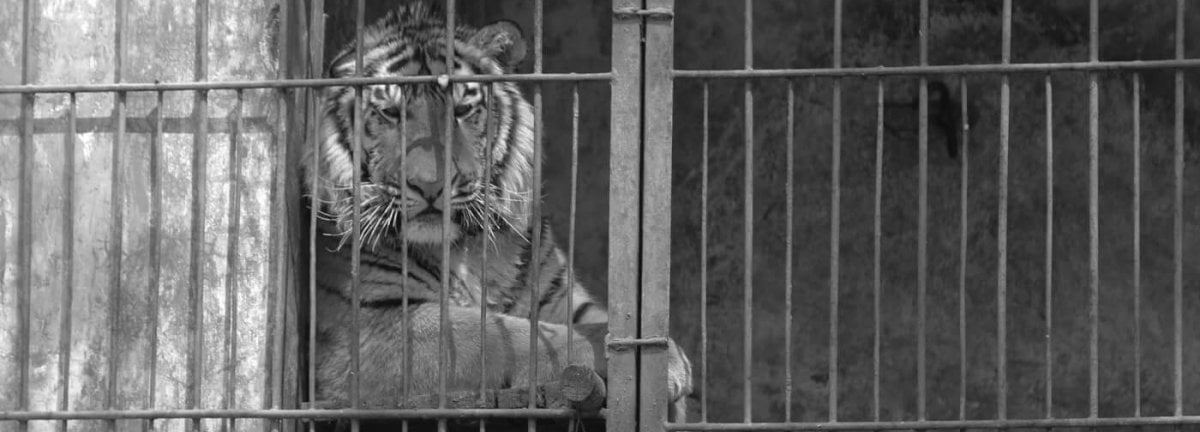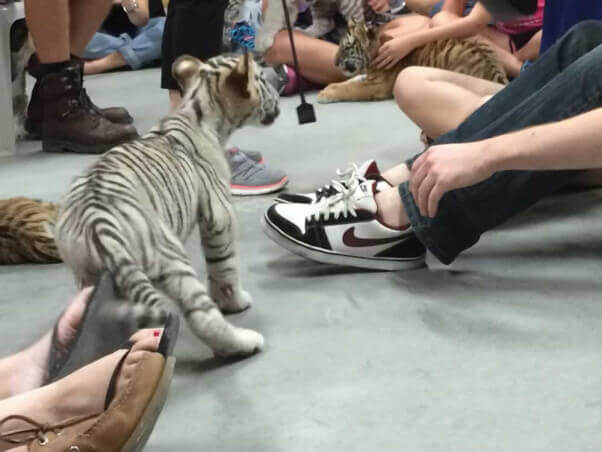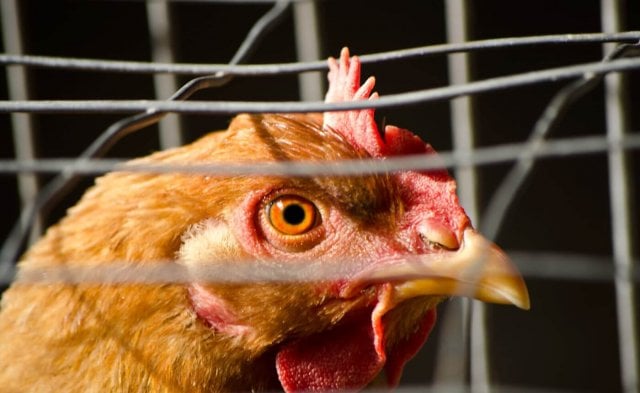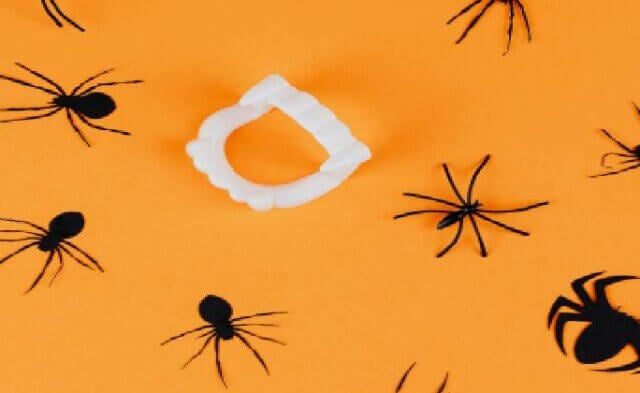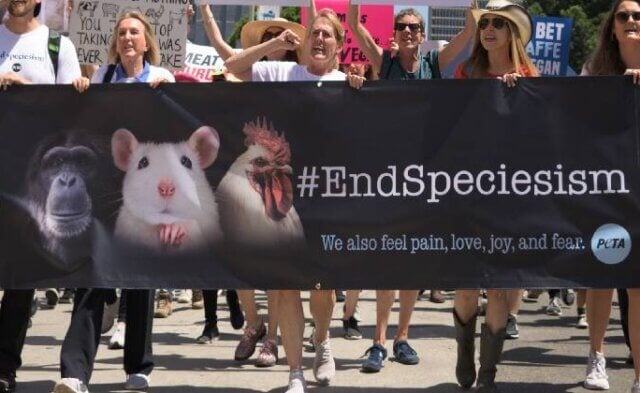From tigers in Thailand to horse carriages in Cartagena, animals at tourist destinations all over the world are treated like living props, denied a real life, and forced into servitude: Baby monkeys and parrots are taken from their mothers to be used as photo props, dolphins are stuck in tiny pools and forced to swim with tourists, and elephants live in chains when not giving rides. Such cruel enterprises stay in business only because tourists pour money into them.
PETA Asia Exposes Petra’s Camel and Donkey Beatings
PETA Asia’s exposé of Jordan’s ancient city of Petra reveals the poor treatment of the 1,300 horses, donkeys, and camels who carry tourists around the Lost City. They are hit with pipes, ropes, chains, and whips, and they work all day, without water or shade.
Animals are forced to haul tourists on 6-mile (10-km) treks in the sweltering heat. Donkeys are whipped as they haul tourists up and down the treacherously steep 900 steps to the monastery. If the animals resist or falter, they’re beaten.
PETA Asia photographed camels with open, fly-infested wounds and donkeys with blood-stained neck chains–all forced to work. The Jordan Ministry of Tourism pledged to help end the cruelty, but the abuse continues. PETA Asia has filed complaints with UNESCO and government officials, calling for the animals to be replaced with mechanized transport.
TB-Infected Elephants at India’s Amber Fort
Nearly all the 102 elephants forced to give rides at India’s Amber Fort are ailing. Many are blind or otherwise visually impaired, and some are suffering from highly contagious tuberculosis. PETA India found elephants carrying loads heavier than 200 kg (440 pounds), the legal limit, and is taking this issue to the Supreme Court, asking that elephant rides be replaced with golf carts.
Grounded Parrots Used as Props
In tropical destinations, street merchants want money to put colorful parrots on tourists’ shoulders for photos. These flock birds, denied the freedom to fly, suffer greatly. Ornithologist Dr. Lorin Lindner says that food is commonly withheld from captive parrots to make them obedient, and their wings are clipped, a mutilation that Dr. Lindner describes as “like cutting a leg off [a] dog to make sure s/he would never escape.”
Take Action Now
Never patronize any animal attraction. Beware of facilities that tack the word “sanctuary” or “rescue” onto their names–most are scams (you can check PETA.org/VacationTips for legitimate ones).
When you see an animal used or abused, don’t assume that someone else will intervene–be that someone! Complain to the travel agency or, in cruelty cases, to a local SPCA or the police–and stick around to make sure that someone follows through. You may be that animal’s only hope.
At a resort, on a cruise, or in a tour group? Inform your travel companions about the problems with animal displays. Complain to management about elephant-ride or “swim with dolphins” excursions. Unless kind tourists say something, nothing will change!
This article originally appears in our magazine, PETA Global. To begin your subscription, become a PETA member today!

